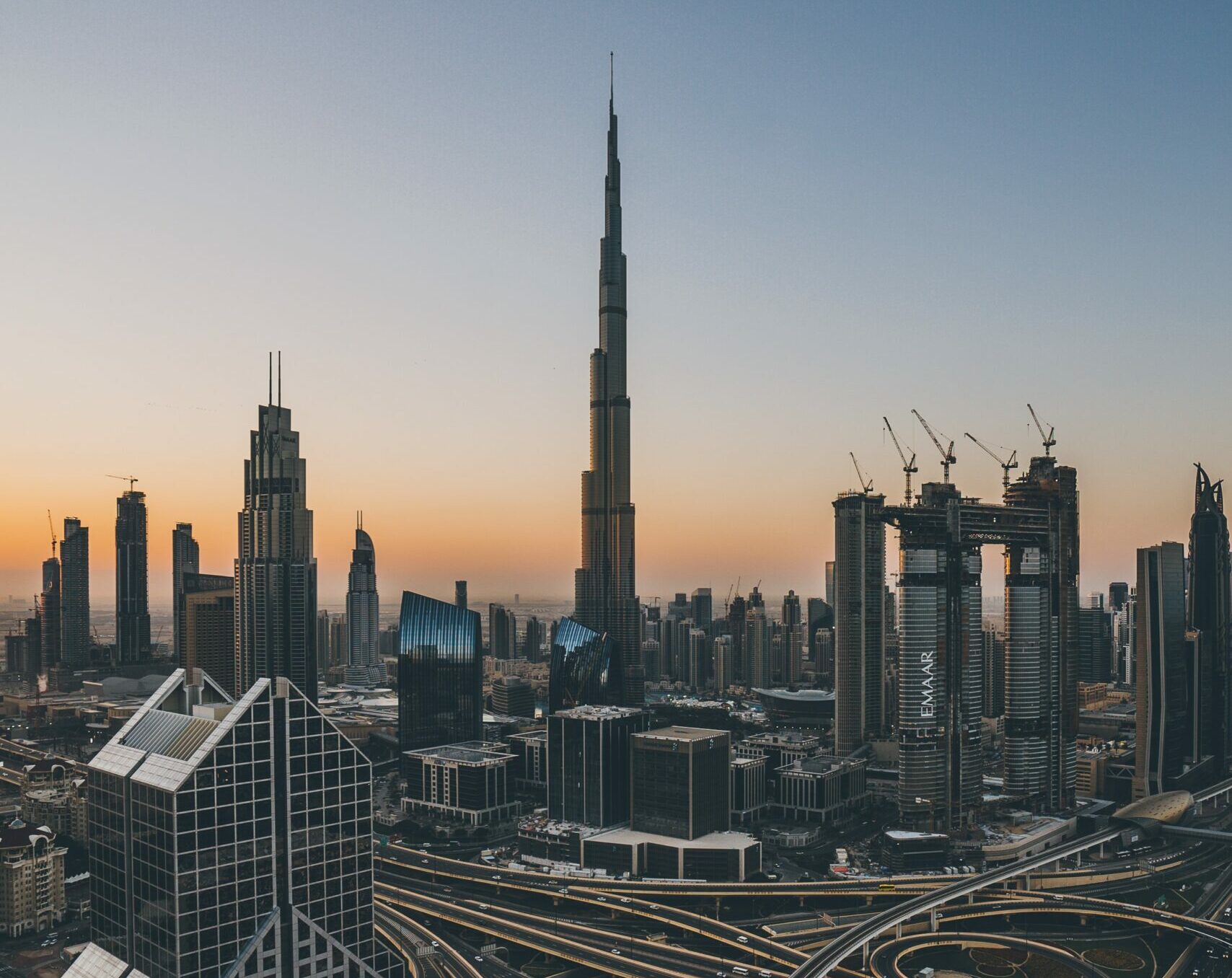View from the COP is a special BusinessGreen series offering updates, insights and reflections from green business and policy experts on the ground at the Dubai climate talks
With the COP28 Climate Summit now well underway, climate change is once again momentarily attracting the world’s attention as it jostles for the limelight with so many other global crises. But many are asking what this festival of green glitz in the desert can possibly achieve for the world, with a reported 80,000 people gathered amidst the highways and high-rises of sprawling Dubai.
At the heart of the COP is the intergovernmental negotiation process. High on that agenda is the so-called Global Stocktake, a moment built into the 2015 Paris Agreement to force global navel gazing about collective progress made to date. And not just that – it is also an opportunity to set the direction of travel for years to come, by setting the framework for countries as they develop their crucial next round of climate action commitments, due two years from now.
As negotiators take a much-needed breather at the mid-point of the talks, where do things stand? This COP has had no shortage of drama and excitement in its first week. Trust is an important ingredient in any negotiating process and that is certainly true of the UNFCCC. Agreement on the very first day to operationalise and start to capitalise the Loss and Damage Fund – a facility to cover the costs of recovering from the impacts of climate change in more vulnerable countries – helped to go some way towards rebuilding some fragile threads of trust.
Since then, detailed negotiations have been accompanied by an almost daily flurry of pledges and declarations, covering diverse topics ranging energy transition to food systems to peace and security. These provide useful signals but are far from universally adopted and generally lack a framework for accountability. For example, a much lauded pledge on energy transition boasts 125 signatories – but has some notable absentees including China, India, Indonesia, South Africa and Turkiye.
Back in the negotiating halls, most attention has been focused on the Global Stocktake – requiring agreement by all 198 parties to the UNFCCC, in contrast to the pledges and declarations. As is often the way, a fairly parsimonious initial draft from the long-suffering co-chairs (negotiators chosen from two countries to steer the process) has since ballooned in length as countries insert their particular priorities and concerns. Part of the challenge is that the stocktake covers many different elements of the climate challenge – ranging from developing clean energy and phasing out fossil fuels, to adapting to climate impacts, to providing the finance, capacity building and cooperation necessary to support developing countries in an equitable transition. Each issue is presented as a series of mutually exclusive options for parties to negotiate over. The breadth of topics means that everything is linked to everything else, and countries are now engaging behind the scenes in horse trading as they push their priorities and so-called red lines, while accepting to give ground on other issues. Further complicating matters is that the stocktake is not the only negotiation channel underway, with countries simultaneously thrashing out separate texts on issues such as carbon markets, a global goal on adaptation and ensuring that transitions are just and equitable.
What the text should say about phasing out fossil fuels is a key sticking point amid all this complexity. Occupying only a few small sentences in the draft text, its importance for the world goes far beyond that. While we can all celebrate support for the rapid growth of clean energy, a sustained and complete energy transition also needs a strong signal from governments about phase-out of fossil fuels. The science clearly requires this. And businesses are calling for it as they seek to ramp up their own investments and transitions – for example the 200+ companies from around the world, with $1.5tr in revenues, who have backed the We Mean Business coalition’s campaign “Fossil to Clean“.
As negotiations now move into their increasing frenetic final days, discussions on these thousand and one issues are expected to run late into the Arabian nights. Ministers are flying in – in many cases crossing contrails with their heads of states who left just a few days ago – and will be expected to get down to business in head-to-head huddles with their counterparts.
And what of the tens of thousands of other punters thronging Dubai’s gigantic Expo City, all with their own agendas and reasons for coming to talk climate in the desert? There is plenty to keep them all busy, with thousands of events, roundtables, receptions and even entire conferences running in parallel to the COP itself. But will any of it make a difference?
One can easily point to the kilotonnes of carbon expended to fly them to the Gulf and back again, and the painful contrast between the countless champagne receptions and those already suffering the severe impacts of the climate crisis. On the other hand, there is a palpable sense of energy, passion and urgency filtering through the myriad panels, conversations financing deals and showcases happening throughout the COP site and the city. Will some of these prove to have been the kernels of the innovative and truly scalable solutions that the world so desperately needs if we are to transform our energy systems, food production and behaviours as quickly as science demands?
History will be the judge. In the meantime, it’s up to the world’s governments to nurture that seed by setting the framework for new transformative business models to flourish: signalling a fast and equitable energy transition, including the rapid phase-out of unabated fossil fuels.


